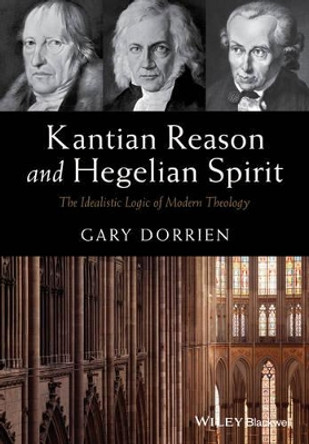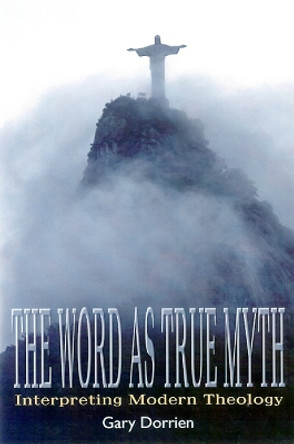Description
By distilling his signature argument about the role of post-Kantian idealism in modern Christian thought, Dorrien fashions a liberationist form of religious idealism: a religious philosophy that is simultaneously both Hegelian - as it expounds a fluid, holistic, open, intersubjective, ambiguous, tragic, and reconciliatory idea of revelation - and post-Hegelian, as it rejects the deep-seated flaws in Hegel's thought. Dorrien mines Kant, Schleiermacher, and Hegel as the foundation of his argument about intellectual intuition and the creative power of subjectivity. After analyzing critiques of Hegel by Soren Kierkegaard, Karl Marx, Karl Barth, and Emmanuel Levinas, Dorrien contends that though these monumental figures were penetrating in their assessments, they appear one-sided compared to Hegel. In a Post-Hegelian Spirit further engages with the personal idealist tradition founded by Borden Parker Bowne, the process tradition founded by Alfred North Whitehead, and the daring cultural contributions of Paul Tillich, W. E. B. Du Bois, Martin Luther King Jr., Rosemary Radford Ruether, David Tracy, Peter Hodgson, Edward Farley, Catherine Keller, and Monica Coleman.
Dispelling common interpretations that Hegel's theology simply fashioned a closed system, Dorrien argues instead that Hegel can be interpreted legitimately in six different ways and is best interpreted as a philosopher of love who developed a Christian theodicy of love divine. Hegel expounded a process theodicy of God salvaging what can be salvaged from history, even as his tragic sense of the carnage of history cuts deep, lingering at Calvary.
About the Author
Gary Dorrien is Reinhold Niebuhr Professor of Social Ethics at Union Theological Seminary and Professor of Religion at Columbia University.
Book Information
ISBN 9781481311595
Author Gary Dorrien
Format Hardback
Page Count 639
Imprint Baylor University Press
Publisher Baylor University Press










